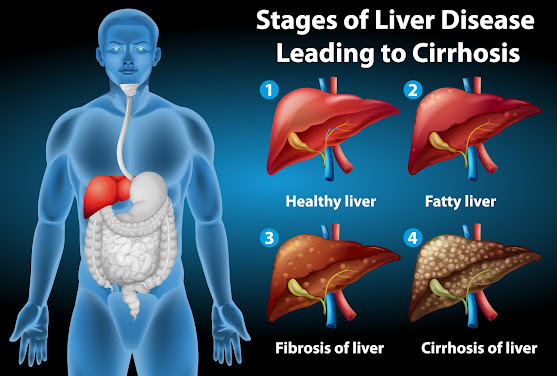Gastrointestinal Cancers: Symptoms, Causes, and Treatments
Unravelling the Enigma of Gastrointestinal Cancers
The prevalence of gastrointestinal cancers has been on the rise, raising concerns worldwide. Gastrointestinal cancers encompass a group of malignancies affecting the digestive system, including the esophagus, stomach, liver, pancreas, colon, and rectum. Understanding the symptoms, causes, and treatment options is crucial in tackling this challenging health issue.
Recognizing the Signs: Symptoms of Gastrointestinal Cancers
Gastrointestinal cancers often exhibit vague symptoms in their early stages, making timely detection a challenge. However, being aware of potential signs can aid in early diagnosis and improved prognosis:
Unexplained weight loss
Persistent abdominal pain or discomfort
Difficulty swallowing
Changes in bowel habits
Blood in stool or vomit
Jaundice (yellowing of the skin and eyes)
Unveiling the Culprits: Causes of Gastrointestinal Cancers
Several factors contribute to the development of gastrointestinal cancers, with some risk factors including:
Age: The risk increases with age, particularly beyond 50.
Diet: A diet low in fibre and high in processed meats can elevate the risk.
Tobacco and Alcohol: Smoking and excessive alcohol consumption are linked to various gastrointestinal cancers.
Family History: A family history of certain cancers can predispose individuals.
Chronic Inflammation: Conditions like inflammatory bowel disease can heighten the risk.
Obesity: Being overweight increases the likelihood of certain gastrointestinal malignancies.
A Multi-Pronged Approach: Treating Gastrointestinal Cancers
Treatment strategies for gastrointestinal cancers depend on the type and stage of cancer. A comprehensive approach may involve:
Surgery: Removing the cancerous growth is often the first line of treatment if the cancer is detected early.
Chemotherapy: Medications are used to target and destroy cancer cells.
Radiation Therapy: High doses of radiation are employed to shrink tumours or eliminate remaining cancer cells after surgery.
Targeted Therapy: These drugs target specific molecules involved in cancer growth.
Immunotherapy: Boosting the body's immune system to fight cancer cells.
Palliative Care: Enhancing the patient's quality of life and managing symptoms.
Navigating Towards Hope: Consulting the Best Gastroenterologist in Indore.
When facing gastrointestinal cancer, seeking the guidance of an experienced gastroenterologist is pivotal. The best gastroenterologist in Indore can provide:
Accurate Diagnosis: Through advanced screening and diagnostic tools.
Personalised Treatment: Tailoring treatment plans based on individual patient factors.
Expertise: Years of experience in managing gastrointestinal cancers.
Supportive Care: Addressing concerns and guiding patients through the treatment journey.
Gastrointestinal cancers pose a significant health challenge, demanding attention to symptoms, causes, and treatments. Recognizing potential signs, understanding risk factors, and exploring various treatment options are essential steps. When navigating this journey, the expertise of the best gastroenterologist in Indore can make a world of difference, offering not just medical guidance, but also the hope and support needed to combat this formidable adversary.




Comments
Post a Comment